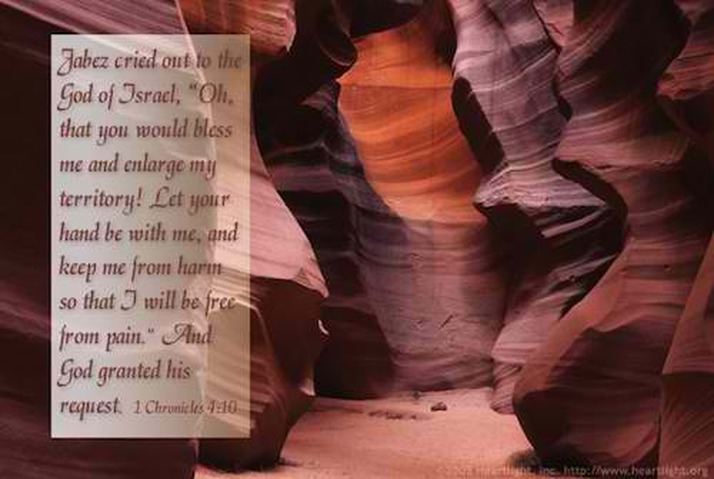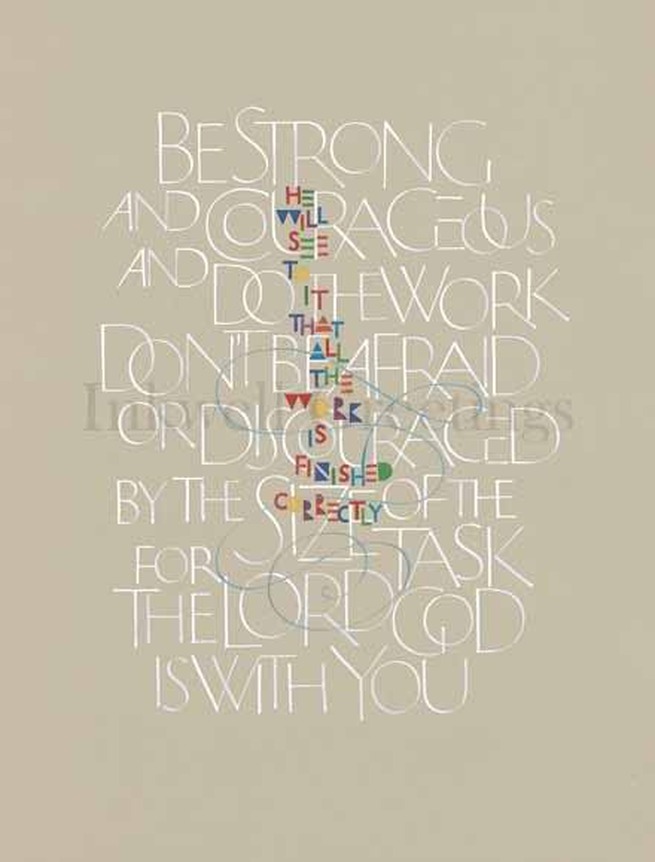The Book of I Chronicles

The Hebrew title can be translated "the events (or annals) of the days (or years)." The Septuagint (the Greek translation of the Old Testament) translators dubbed the book "the things omitted," indicating that they regarded it as a supplement to Samuel and Kings. According to ancient Jewish tradition, the prophet Ezra wrote Chronicles, but this cannot be established with certainty. Chronicles was written for the exiles who had returned to Israel after the Babylonian captivity, to remind them that they were still God's chosen people. The burning issue wa the question of continuity with the past: Is God still interested in us? Are His covenants still in force? Now that we have no Davidic king and are subject to Persia, do God's promises to David still have meaning for us?
In chapter 1-9, the book begins with Adam and runs through the genealogies of Israel. It continues through all the 12 tribes of Israel, then King David, and the Priestly line. The descendants teach the history of the nation, extending from God’s creation all the way through the exile in Babylon. “Now Jabez called on the God of Israel, saying, “Oh that You would bless me indeed and enlarge my border, and that Your hand might be with me, and that You would keep me from harm that it may not pain me!” And God granted him what he requested” (4:10).
In chapter 1-9, the book begins with Adam and runs through the genealogies of Israel. It continues through all the 12 tribes of Israel, then King David, and the Priestly line. The descendants teach the history of the nation, extending from God’s creation all the way through the exile in Babylon. “Now Jabez called on the God of Israel, saying, “Oh that You would bless me indeed and enlarge my border, and that Your hand might be with me, and that You would keep me from harm that it may not pain me!” And God granted him what he requested” (4:10).
From chapters 10-29, there is a review from King Saul’s death with the
Philistines, through King David’s reign, including the preparation for the
building of the new temple, which Solomon would build, “David also told his son Solomon, ‘Be strong and courageous, and do the work. Don't be afraid or terrified. The LORD God, my God, will be with you. He will not abandon you before all the work on the LORD's temple is finished” (28:20). The book ends with Solomon’s reigning as king of Israel.
Foreshadowings of Jesus
In David’s song of thanksgiving to God in 1 Chronicles 16:33, he refers to the time when God will come “to judge the earth.” This foreshadows Matthew 25, in which Jesus describes the time when He will come to judge the earth. Through the parables of the ten virgins and the talents, He warns that those who are found without the blood of Christ covering their sins will be cast into “outer darkness.” He encourages His people to be ready because when He comes, He will separate the sheep from
the goats in judgment.
Part of the Davidic Covenant which God reiterates in chapter 17 refers to the future Messiah who would be a descendant of David. Verses 13-14 describe the Son who will be established in God’s house and whose
throne will be established forever. This can only refer to Jesus Christ.
continue to 2 Chronicles...
In David’s song of thanksgiving to God in 1 Chronicles 16:33, he refers to the time when God will come “to judge the earth.” This foreshadows Matthew 25, in which Jesus describes the time when He will come to judge the earth. Through the parables of the ten virgins and the talents, He warns that those who are found without the blood of Christ covering their sins will be cast into “outer darkness.” He encourages His people to be ready because when He comes, He will separate the sheep from
the goats in judgment.
Part of the Davidic Covenant which God reiterates in chapter 17 refers to the future Messiah who would be a descendant of David. Verses 13-14 describe the Son who will be established in God’s house and whose
throne will be established forever. This can only refer to Jesus Christ.
continue to 2 Chronicles...

